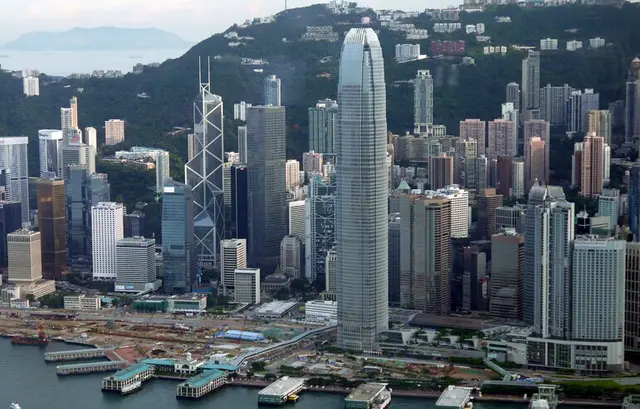Radhika Subedi, a 58 year-old housewife from Gathhaghar, has not cooked food in her kitchen for the past few days for lack of cooking gas or liquefied petroleum gas (LPG).
Her banker son and a daughter-in-law, who is a teacher, have been forced to eat their meals in their work place. Alone in their house, Radhika has been forced to go to her neighbors and relatives to eat because of the absence of cooking gas.
The shortage LPG in the market is believed to be artificial since dealers have hoarded the supply in order to jack up prices. This has resulted in higher prices of LPG and black-marketing done by some unscrupulous dealers.
"I have three LPG cylinders. When I have one cylinder left, I usually call the nearby LPG distributor to deliver two cylinders. But lately my dealer has refused to deliver saying that they are out of stock," Radhika said.
Not only Radhika but hundreds of other Nepali housewives have complained of the lack of LPG. Some of them have to queue at LPG dealers for long hours just to get their supply of LPG.
The root cause of the shortage in LPG, which started more than a month ago, was due to the temporary closure of the Barauni refinery plant of the Indian Oil Corporation in Bihar for maintenance.
But even after the resumption of the operation of the refinery, the shortage has remained, this time due to hoarding.
The Nepali government has done nothing to solve the problem, some housewives complained.
Ram Pradhan, an employee of a private firm, was unable to report for work on Tuesday because he had to queue for LPG at the depot of National Trading Limited in Teku.
"My two little daughters have gone to school by eating just biscuits and water. I am calling on the government to do something to solve the suffering of the people," Pradhan said.
The government had started selling LPG from the National Trading on Sunday but it was stopped on Tuesday noon because of the influx of consumers.
Nepal Oil Corporation's spokesperson Mukunda Ghimire told Xinhua that traders have created the artificial shortage by hoarding cylinders.
"We have adequate supply but there is black marketing," Ghimire said.
The Nepal Oil Corporation has claimed that it has increased the daily supply of LPG cylinders from 40,000 to 70,000. The average national demand of cylinders is only 56,000 cylinders per day but the shortfall has remained.
 简体中文
简体中文

